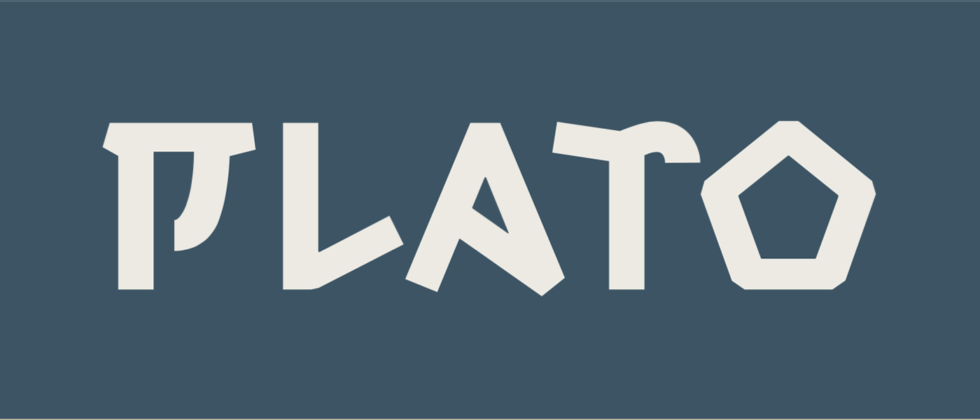 AI
AI
 AI
AI
 AI
AI
Uber Technology Inc. has open-sourced a conversational artificial intelligence engine called the Plato Research Dialog System that’s set to compete with similar offerings such as Google LLC’s Dialogflow, Microsoft Corp.’s Bot Framework, and Amazon.com Inc.’s Lex.
In a blog post today, Uber’s AI research team explained that Plato is designed for building, training and deploying prototype and demonstration systems. It can also facilitate conversational data collection.
Plato comes with a “clean and understandable” design that makes it ideal for users with a limited background in conversational AI, the company said. And it can integrate with existing deep learning models, thereby reducing the need to write any code.
Plato version 0.1 can support interactions with humans, data and other conversational AI agents through speech, text and “structured information,” Uber said. It also supports multiple agents and can incorporate pre-trained AI models for each component of those agents. Those models can be trained using either datasets or via interactions, using popular open-source machine learning frameworks such as Google’s TensorFlow, Facebook Inc.’s PyTorch and Uber’s very own Ludwig.
Another aspect of Plato is its “modular design,” which breaks up data processing into seven parts. Those include speech recognition, language understanding, state tracking, API calls, dialogue policies, language generation and speech synthesis.
Plato also handles data logging by keeping track of events with its Dialogue Episode Recorder. The recorder saves information about previous dialogue states, what actions were taken and also current dialogue states.
“We believe that Plato has the capability to more seamlessly train conversational agents across deep learning frameworks, from Ludwig and TensorFlow to PyTorch, Keras and other open-source projects, leading to improved conversational AI technologies across academic and industry applications,” Uber’s AI researchers wrote in a blog post. “[We’ve] leveraged Plato to easily train a conversational agent how to ask for restaurant information and another agent how to provide such information; over time, their conversations become more and more natural.”
Analyst Holger Mueller of Constellation Research Inc. said one of the most interesting aspects of the Plato system was its ability to support multiple agents, which is necessary for Uber as it needs to facilitate multi-party chat between its customers, drivers and its own support and customer service agents.
“This means there need to be intelligent conversation sharing, and so it makes sense for Uber to throw its hat in the ring with Plato, despite the already crowded nature of the chatbot framework space,” Mueller said. “As with all new open-source projects we need to check on adoption in a few quarters, as the act of open-sourcing code assets does not guarantee developer or enterprise adoption.”
The release of Plato follows the debut of the aforementioned Ludwig, which is a set of open-source tools built on top of Google’s TensorFlow framework that allows users to train and test AI models without having to write code.
Support our mission to keep content open and free by engaging with theCUBE community. Join theCUBE’s Alumni Trust Network, where technology leaders connect, share intelligence and create opportunities.
Founded by tech visionaries John Furrier and Dave Vellante, SiliconANGLE Media has built a dynamic ecosystem of industry-leading digital media brands that reach 15+ million elite tech professionals. Our new proprietary theCUBE AI Video Cloud is breaking ground in audience interaction, leveraging theCUBEai.com neural network to help technology companies make data-driven decisions and stay at the forefront of industry conversations.